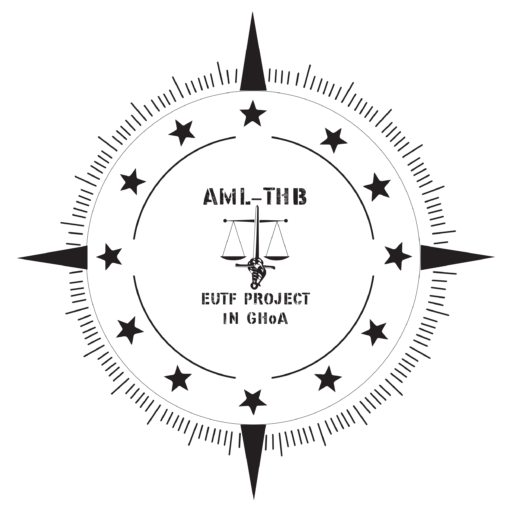Part 1: Intro
- Training title: Regional Workshop on Enhancing Awareness on the Risks and Role of DNFBPs
- Training location: Virtual (online)
- Training dates: 25 – 29 October 2021
Training participants: 31 trainees from supervisory/regulatory bodies and risk DNFBPs and their associations from 11 countries
Part 2: Context
The private sector is exposed to abuse by criminals to transact criminal finance, launder their proceeds or finance terrorism. Designated Non-Financial Business and Professions (DNFBPs) can play critical role in preventing ML/TF and in detecting, disrupting, analysing and reporting illicit financial flows emanating from different criminal activities including THB/SoM. Therefore, strengthening awareness and knowledge of DNFBPs on ML/TF risks in the sector and their role in preventing themselves from being abused by criminals can strengthen national AML/CFT regime. Enhancing their awareness and capacity can also help the DNFBPs to comply with AML/CFT standards to avoid or minimise regulatory and law enforcement sanctions.
In this regard, the Project organized a regional Workshop on “Enhancing Awareness on Risks and Roles of Designated Non-Financial Businesses and Professionals”. The Workshop brought together selected supervisory/regulatory bodies, associations and high risk DNFBPs from 11 countries of the Horn and Southern African.
Part 3: Objectives
Enhance awareness on the risks of ML/TF in DNFBPs and their role in detecting, disrupting, and reporting suspicious transactions related to criminal financing and laundering of proceeds. At the end of the training, participants were expected to be able to:
- Describe the meaning, stages, methods and techniques of ML/TF;
- Explain international AML/CFT standards relevant to DNFBPs;
- Understand the concepts and methods of THB and SoM, nature of criminal networks and their financial flows;
- Understand vulnerabilities and risks of ML/TF in DNFBPs and necessary measures of detecting, disrupting and identifying suspicious transactions on selected typologies; and
- Describe public Private partnerships and cooperation with regulatory/supervisory bodies.
The training Workshop, together with other interventions, is expected to contribute to enhance awareness and knowledge of DNFBPs and their regulators to enable the sector to better implement AML/CFT standards as required by law, take initiatives to detect, disrupt and report suspicious transactions, and to improve cooperation between DNFBPs and supervisory and regulatory bodies.
Part 4: Feedback/Review
As a first training in its kind, the content was more introductory on the concepts and selected typologies and is expected to have a follow up training on more technical issues. Overall, the training was delivered successfully. Trainees ascertained that the training was relevant to their professional improvement and added value to their knowledge and skills.
Several participants felt that allocated time was too short to cover detailed technical issues and practical exercises in addition to the inherent limitation of being a virtual training. Trainees requested for more technical training on AML/CFT and specific typologies within the DNFBPs. However, some participants from the private sector were less interested, perhaps for the lack of awareness about the importance of their role and the ML/TF risk their institutions are faced with.
Building AML/CFT capacity of the private sector is key in improving effectiveness AML/CFT systems

